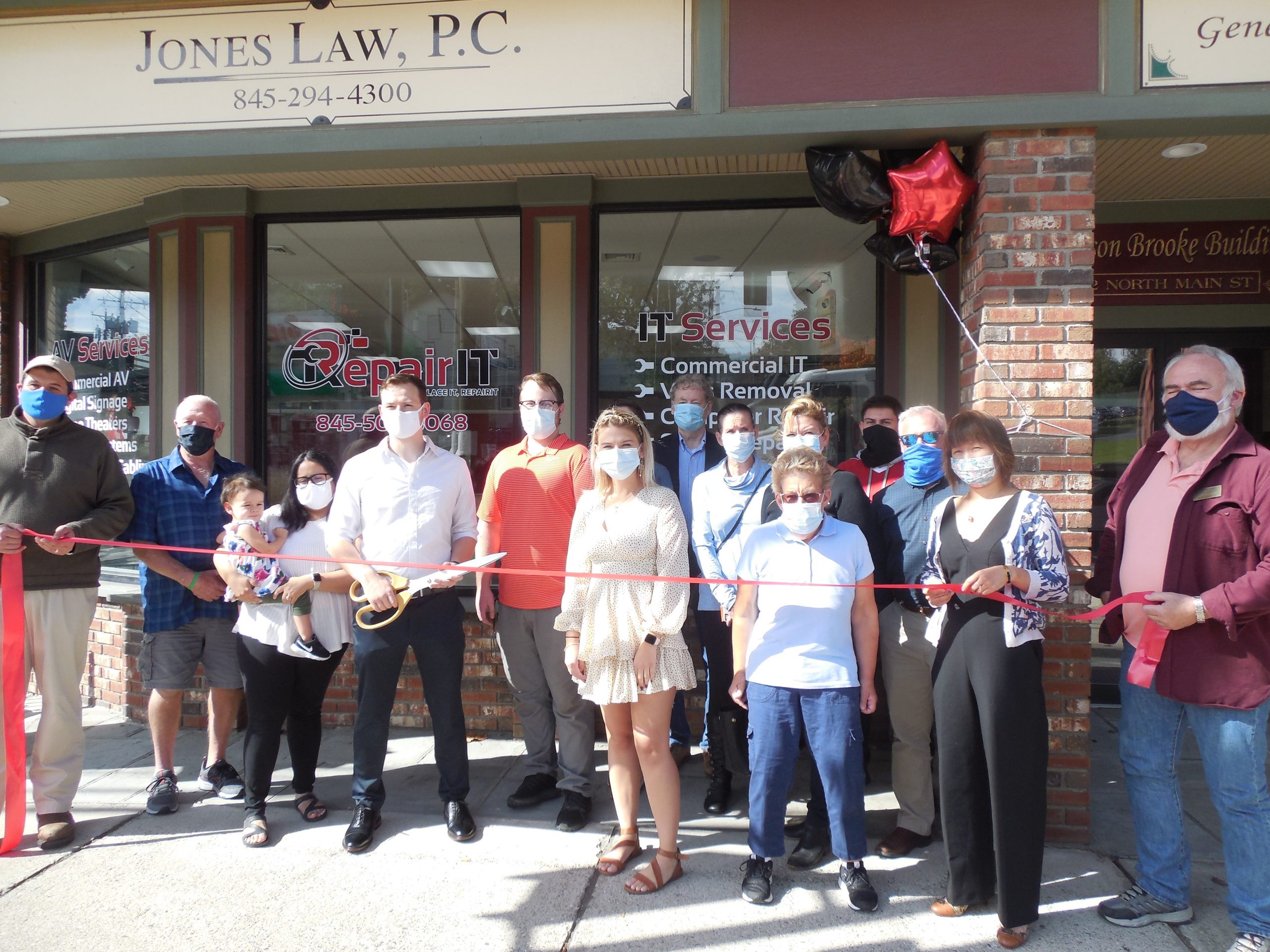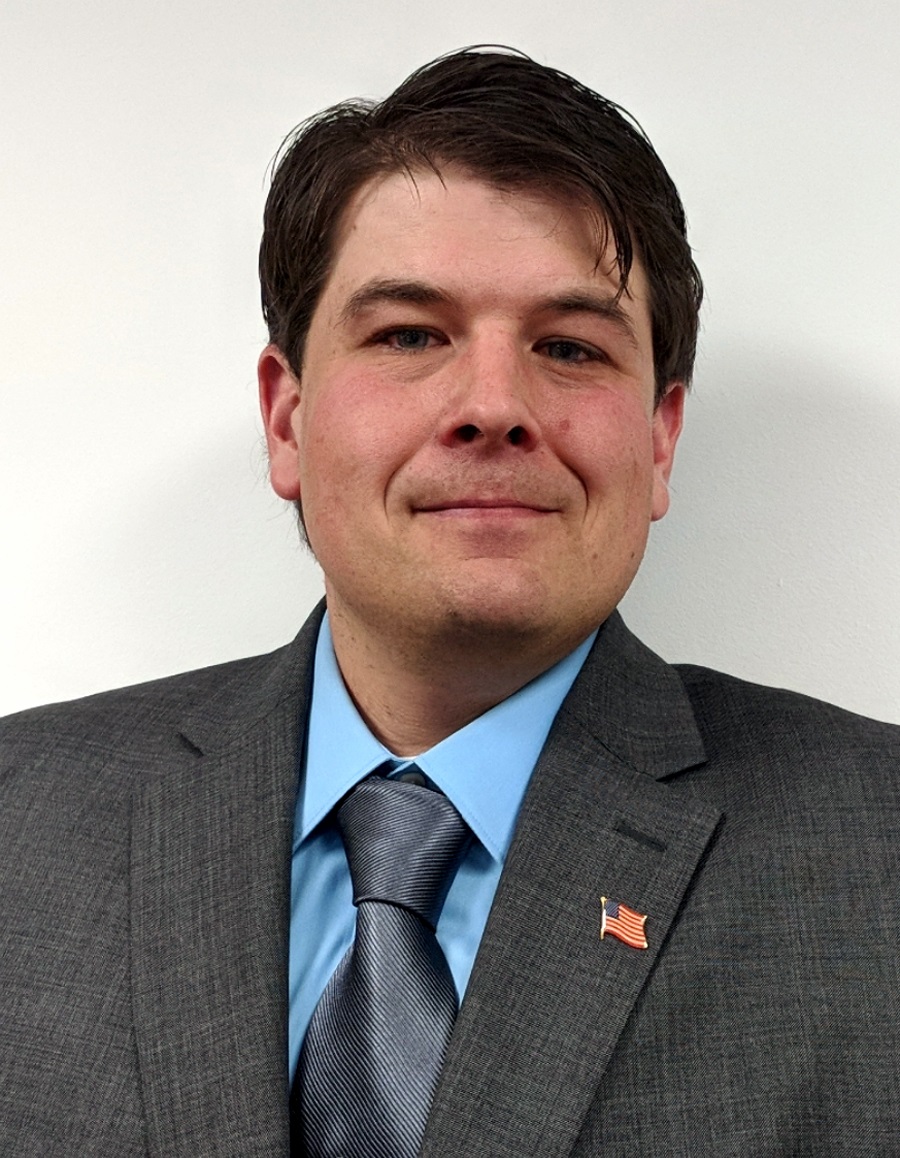In honor of Problem Gambling Awareness Month (PGAM) in 2021, the New York Council on Problem Gambling (NYCPG) is challenging everyone across New York State – individuals, agencies and communities alike – to come together to face problem gambling. With gambling opportunities expanding at rapid rates in New York State and beyond, it’s imperative that all factions of the community, in all geographic areas of the state, join forces around the issue of problem gambling.
According to the National Council on Problem Gambling, two million U.S. adults are estimated to meet criteria for severe gambling problems in a given year. Another four to six million would be considered to have mild or moderate gambling problems; that is, they do not meet the full diagnostic criteria for gambling addiction but meet one of more of the criteria and are experiencing problems due to their gambling behavior. The effects of problem gambling are not isolated to the individual. It’s been estimated that eight to 10 additional people can be negatively affected by one person’s gambling behaviors. These people include family members, friends, neighbors and even coworkers.
NYCPG Executive Director Jim Maney stated, “The increase and availability of gambling opportunities in NYS coupled with the effects of COVID-19 have made the 2021 Problem Gambling Awareness Month the most important event highlighting problem gambling awareness and resources this year. It is imperative that we partner together to raise the awareness of problem gambling and make certain NY resident can access the services and resources that they need during these challenging times.”
This year, the New York Council on Problem Gambling is expanding its focus to engage all New Yorkers in problem gambling efforts. The materials and resources developed for PGAM 2021 will help individuals explore their own struggles, support agencies who want to host Gambling Disorder Screening Day events and raise awareness of what’s being done across the state to face the issue of problem gambling. For more information visit NYProblemGambling.org/Resources/PGAM.







